
When faced with a clogged drain, many homeowners reach for a quick and easy solution – Drano or similar chemical drain cleaners. While these products promise to dissolve hair, grease, and other blockages in minutes, they can have severe consequences for your plumbing system. At Ottagan Plumbing, we’ve seen firsthand the damage these harsh chemicals can cause. Here’s what you need to know before you pour that bottle down the drain.
How Drano Works
Drano and other chemical drain cleaners rely on a powerful combination of chemical, including sodium hydrazide (lye) and sodium hypochlorite (bleach). When poured into a drain, these chemicals generate heat and trigger a reaction that breaks down organic matter and grease, supposedly clearing the clog. While this may sound effective, the chemical reaction doesn’t just impact the clog – it also affects your pipes, fixtures, and even your health.
The Negative Effects on Pipes
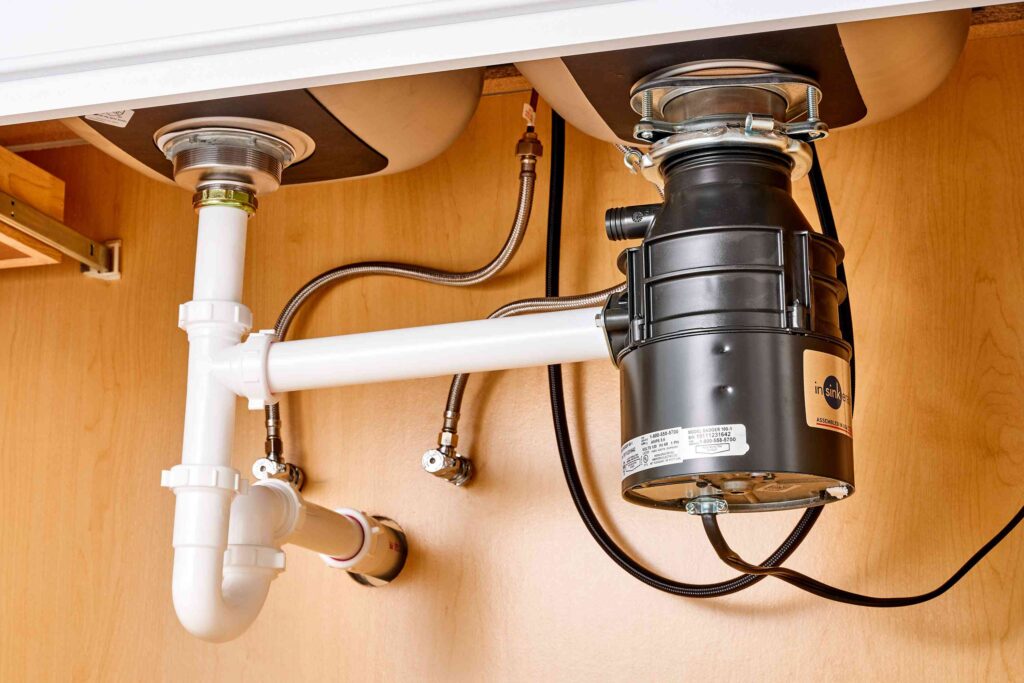
Pipe Corrosion and Weakening – The heat produced by Drano can soften PVC pipes, leading to warping and eventual failure. For older metal pipes, the corrosive nature of the chemicals can eat away at the interior lining, increasing the risk of leaks and pipe bursts.
Damage to Joints and Seals – Drano doesn’t just affect pipes – it also breaks down the glue and rubber seals that hold your plumbing system together. Over time, this can lead to leaks that may go unnoticed until significant water damage occurs.
Recurring Clogs and Buildup – While Drano may provide temporary relief, it doesn’t always remove the entire clog. Residue from the cleaner can build up inside pipes, creating more significant blockages over time and making future clogs worse.
Health and Environmental Risks
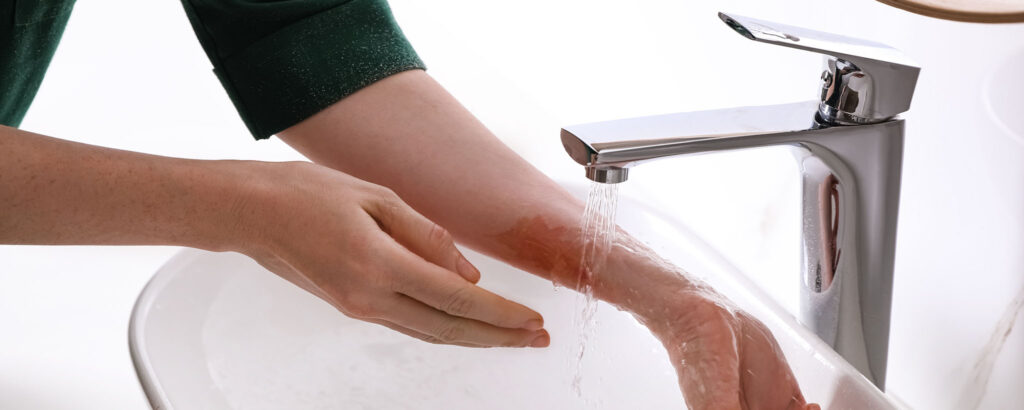
Toxic Fumes – Drano releases harmful fumes that can irritate the eyes, nose, and respiratory system. If used frequently or in poorly ventilated areas, these fumes can pose health risks, especially for children and pets.
Sink and Eye Burns – Due to its highly caustic nature, even accidental contact with Drano can result in severe burns. If splashed, it can cause permanent damage to skin and eyes.
Harm to the Environment – When Drano enters the sewer system, its chemicals can contaminate local water supplies and harm aquatic life. The strong chemicals don’t always break down fully, contributing to pollution.
What Should You Use Instead?
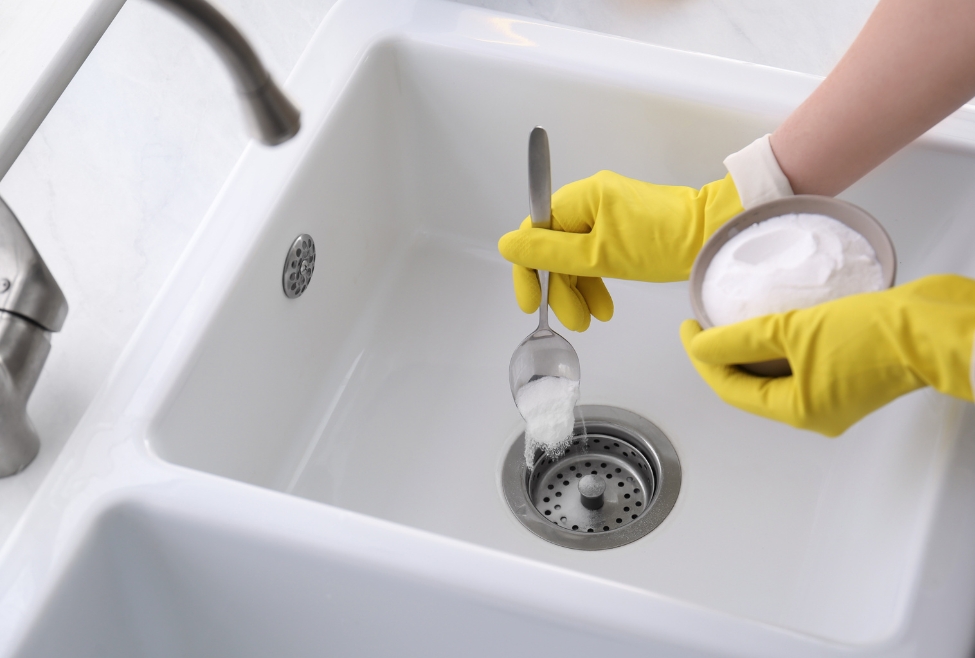
Rather than relying on chemical cleaners, consider these safer and more effective alternatives:
Plungers – A good old-fashioned plunger can work wonders on minor clogs.
Drain Snakes or Augers – These tools physically remove blockages without harming your pipes.
Baking Soda and Vinegar – A natural, chemical-free solution that helps break down minor clogs.
Professional Drain Cleaning – If you’re dealing with frequent or stubborn clogs, it’s best to call Ottagan Plumbing to properly clear the drain without causing damage.
Trust the Experts at Ottagan Plumbing
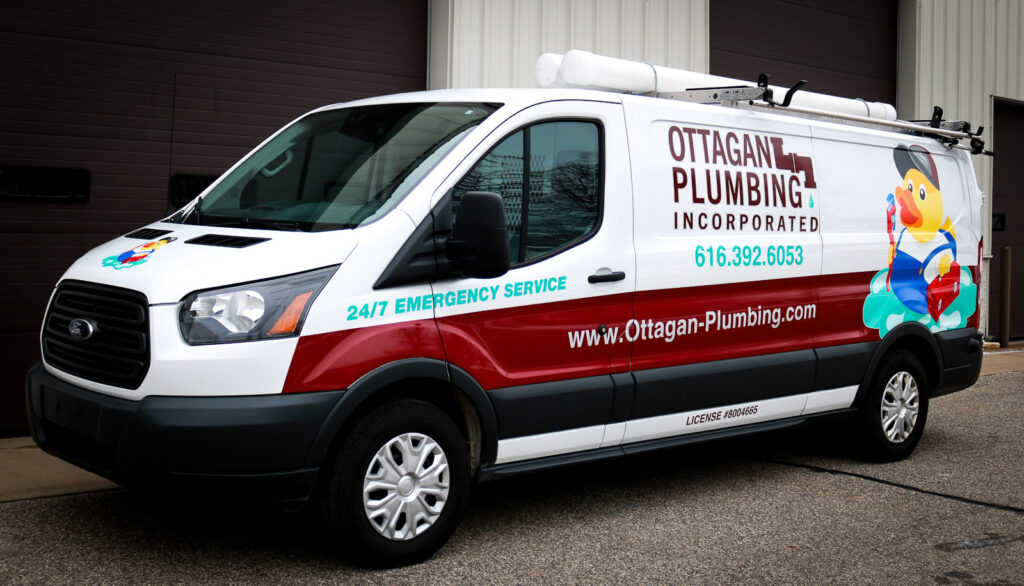
If you’re experiencing slow drains or persistent clogs, don’t reach for Drano – Reach out to Ottagan Plumbing instead. Our experienced team can diagnose and fix the issue safely, ensuring your plumbing remains in top shape. Contact us today to schedule a professional drain cleaning and keep your pipes free from harmful chemicals and costly damage.
By choosing safer drain-cleaning methods, you’re not only protecting your plumbing but also your health and the environment. Say no to Drano and yes to professional, long – lasting solutions.
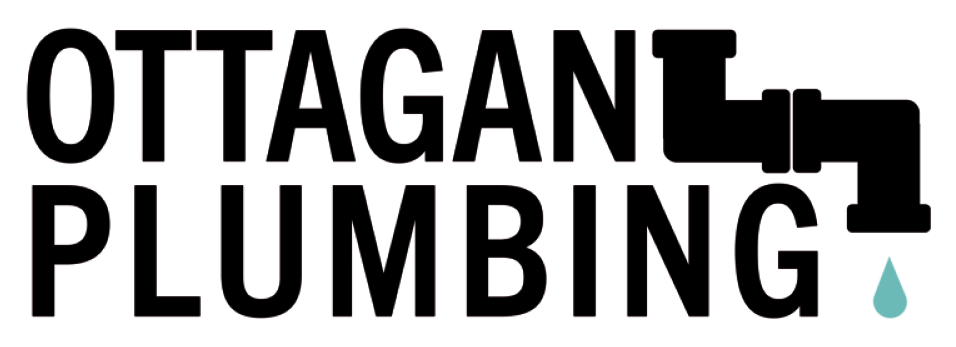
Leave a Reply